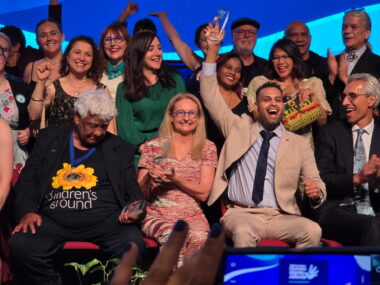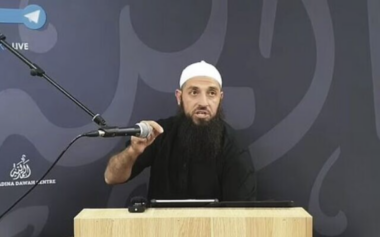The Federal Government has just introduced a new bill designed to combat disinformation and misinformation on the Internet, which is a positive step toward addressing content that can cause serious harm or lead to violence, such as messaging from conspiracy theorists and fringe groups.
However, in most Australian states false or misleading information in political advertising will still be permissible. False information can alter elections, affect voting participation, silence minorities, and polarise the electorate.
South Australia has had truth in political advertising laws for 39 years and the Australian Capital Territory recently introduced them.
Available to comment:
Associate Professor Yee-Fui Ng, Deputy Director of the Australian Centre for Justice Innovation at Monash University
Contact details: +61 3 9905 9416 or [email protected]
Read more of Associate Professor Ng’s commentary at Monash Lens
Associate Professor Ng has partnered with The Susan McKinnon Foundation to examine the effect, operation and administration of ‘truth in political advertising’ laws. The interim Truth in Political Advertising Laws: Operation and Effectiveness report (Interim Report) is based on 21 interviews with current and former premiers, ministers, MPs, electoral commissioners, political party directors/secretaries and civil society groups across South Australia, New South Wales and Victoria.
The following can be attributed to Associate Professor Ng:
“The OECD has noted the ‘rapid and global spread of mis- and disinformation’, which ‘presents a fundamental risk to the free and fact-based exchange of information underpinning democratic debate’.
“False information can alter elections, affect voting participation, silence minorities, and polarise the electorate.
“Truth in political advertising laws have successfully operated in South Australia for 39 years and have the support of the politicians, party officials and electoral commissioners. It is time to consider introducing these laws more broadly across the federation.”
For more Monash media stories visit our news & events site. For any other topics on which you may be seeking expert comment, contact the Monash University Media Unit on +61 3 9903 4840 or [email protected]


